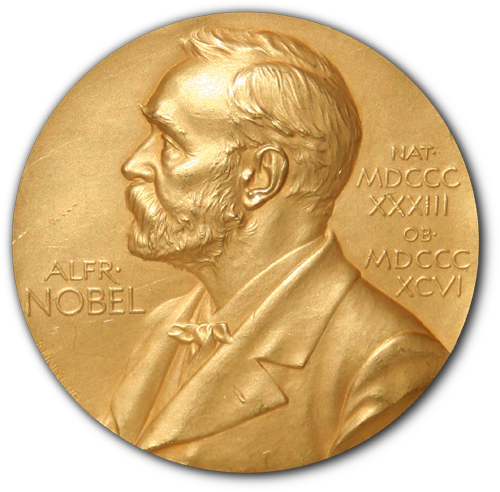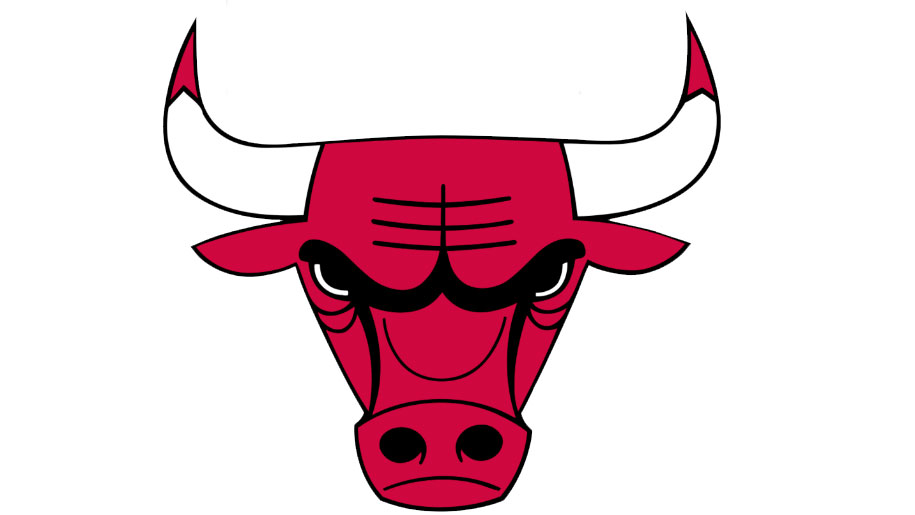THE SOUTHWORTH PLANETARIUM
70 Falmouth Street Portland,Maine 04103
43.6667° N 70.2667° W
Altitude: 10 feet below sea level
Founded January 1970
2021-2022: XXVI
"Second to agriculture, humbug is the biggest industry of our age."
-Alfred Nobel
THE DAILY ASTRONOMER
Friday, October 8, 2021
Quiz 6: The Nobel Quiz
So, here's the story.
Alfred Nobel,the famed inventor of ___________, established and endowed a prize which would become the world's most prestigious award, the Nobel Prize. This highly coveted distinction is conferred on those who've made highly significant contributions to the fields of physics, medicine/physiology, literature, chemistry, economics and peace. Yet, one must wonder, why is there no Nobel Prize in astronomy?
So, here's the story
Alfred Nobel, the famed inventor of _______________, came to loathe all things astronomical. This detestion was borne out of the most agonizing ordeal of his life: a divorce. His beloved spouse became his erstwhile spouse after she visited a local observatory, which, ironically, she did at Alfred's insistence. Alfred thought she needed to venture out more into the community for she was something of a homebody. And, heavens above, Alfred, did she ever wander! She encountered the local observatory's director and, as she would later admit in her memoirs, fell madly in love with him at first sight. Such rapid entrancement is quite understandable considering that we astronomy guys tend to be the suave, debonair types capable of bewitching the souls and disordering the wits of even the most austere. Later that night, she marched home and flatly told her devoted -perhaps even uxorious-husband that she had given her heart to another and demanded a divorce. Though despondent with grief, he yielded to her wishes and even gave her ample funds with which to begin her new life. However, when the time came for him to establish the prize that now bears his name, he said he would be damned, tied, bound and hornswoggled before he funded any prize that bestowed distinction on to any of those home-wrecking astronomy jerks.
Hence, there is no Nobel Prize in astronomy.
Oh, incidentally, Nobel's wife was also said to have left him for a geologist, hence no Geology Nobel Prize. She also tossed him over for a mathematician, hence no Mathematics Nobel Prize. She likewise kicked him to the curb to be with a biologist, a philosopher, a tattoo artist and a bookbinder, which explains why the Nobel committee has neglected to honor the most esteemed biologists, philosophers, tattoo artists or book binders. As you've likely surmised, the whole "Alfred's wife left him for an astronomer" story is apocryphal, in other words complete
First of all, -admittedly a minor point -Alfred Nobel was never married. Secondly, astronomers, or more correctly, astrophysicists have often been honored with the Nobel Prize in physics. In fact, Dale Frail and Aleksander Wolszczan shared the 2019 Nobel Prize for their discovery of exo-planets.
This week the Nobel committee has announced the winners of the 2021 Nobel Prizes, hence this quiz which, we assure you, will begin at any minute. Although we cannot give you a hefty gold medal and a heap of now-taxable income if you pass this quiz, you will have the satisfaction of knowing that you beat a quiz about the Nobel Prize, the world's most esteemed honor.
1. For which invention is Alfred Nobel best known?
a. dynamite
b. pet rocks
c. steel
d. combustion engines
2. In which year was the first Nobel prize awarded?
a. 1899
b. 1901
c. 1909
d. 1913
3. How many Nobel Prize awards ceremonies did Alfred Nobel himself attend?
a. 10
b. 5
c. 3
d. 0
4. How many people have won the Nobel Prize twice?
a. 0
b.2
c. 4
d.8
5. A maximum of ________ people can share a Nobel Prize
a. 2
b. 3
c. 4
d. 6
6. How many people were offered the Nobel Prize but declined it?
a. 0
b. 1
c. 2
d. 11
7. Which country has had the greatest number of Nobel Prize winners?
a. France
b. Sweden
c. USA
d. UK
8. When the Nobel Prize was first awarded, economics was not one of the categories. In which year was the first Nobel Prize in economics awarded?
a. 1951
b. 1962
c. 1969
d. 1973
9. All the Nobel prize winners are chosen by Sweden institutions except for the winner of the Nobel ____________ prize. The winner of that prize is chosen by the Norwegian parliament.
a. Economics
b. Peace
c. Literature
d. Chemistry
10. Adolf Hilter was nominated for a Nobel _________ Prize in 1939.
a. Peace
b. Literature
c. Economics
d. None of the above. What an absurd idea!!!
ANSWERS
1. For which invention is Alfred Nobel best known?
a. dynamite
That the world's most famous peace prize is named for the best who invented dynamite has to be one of history's greatest ironies.
2. In which year was the first Nobel prize awarded?
b. 1901
3. How many Nobel Prize awards ceremonies did Alfred Nobel himself attend?
d. 0
He died in 1896, a few years before the first prize was awarded.
An interesting -and true- story is that in 1888, Alfred's brother Ludvig died. Many newspapers, having believed that Alfred perished, published his obituary which, it must be said, was less than flattering. A line in one of them stated, "Le marchand de la mort est mort," or "the merchant of death is dead." A chemist by vocation, Alfred did make a tidy profit by the development of military explosives. Nobel was so appalled at leaving such a legacy that he decided to bequeath his riches to establish the Nobel Prize. His aim was to be remembered principally for this award instead of his explosives. It was an aim he certainly fulfilled.
4. How many people have won the Nobel Prize twice?
c. 4
(1) Marie Curie won the Nobel Prize in Physics in 1903 and the Nobel Prize in Chemistry in 1911. (Despite these TWO wins, she was not admitted into the French Academy of Sciences because of her gender.)
(2) Linus Pauling Nobel Prize in Chemistry in 1954 and the Nobel Peace Prize in 1962
(3) Jon Bardeen won the Nobel Prize in Physics in 1956 and 1972
(4) Fredrick Sanger won the Nobel Prize in chemistry in 1958 and 1980\
5. A maximum of ________ people can share a Nobel Prize
b. 3
Sometimes, this limitation causes the Nobel committee to omit scientists who truly deserve the distinction, such as, for instance, Rosalind Franklin, who produced the X-ray crystallography images that Watson and Crick used to discover the DNA structure.
6. How many people were offered the Nobel Prize but declined it?
c. 2
Jean-Paul Satre refused to accept the 1964 Literature Prize because he declined all official awards.
Le Duc Tho, who was awarded a Nobel Peace Prize with Henry Kissinger in 1974, refused it because he said that peace had not yet been achieved.
7. Which country has had the greatest number of Nobel Prize winners?
c. USA
USA 375 Nobel Laureates
UK is second with 131
8. When the Nobel Prize was first awarded, economics was not one of the categories. In which year was the first Nobel Prize in economics awarded?
c. 1969
The first recipients were Ragnar Frisch and Jan Tinberge.
9. All the Nobel prize winners are chosen by Sweden institutions except for the winner of the Nobel ____________ prize. The winner of that prize is chosen by the Norwegian parliament.
b. Peace
That the Peace Prize recipient would be chosen by officials in Norway instead of Sweden was a stipulation in Nobel's will. Although Sweden and Norway were united during Alfred Nobel's lifetime, nobody is quite sure why Nobel made this decision.
10. Adolf Hilter was nominated for a Nobel _________ Prize in 1939.
a. Peace
Erik Gottfrid Christian Brand, a member of the Swedish parliament, nominated Hiter for a Nobel Peace Prize, but the nomination was quickly withdrawn. A member of the antifascist party, Erik said the nomination was intended as a "joke."
Crickets
The DA returns on Tuesday!
Have a good weekend!
To subscribe or unsubscribe from the Daily Astronomer:


